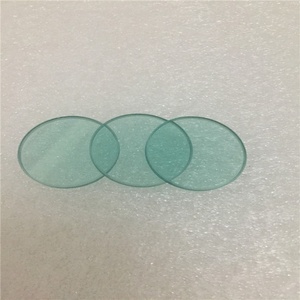Introduction to Optical Absorption Filters
Optical absorption filters play a crucial role in a myriad of optical applications. These specialized filters are designed to absorb certain wavelengths of light while allowing others to pass through, thus enabling precise manipulation of light in modern optical systems. From improving image quality in cameras to enhancing laser systems, optical absorption filters are integral components in various fields including photography, scientific research, and industrial applications.
Types of Optical Absorption Filters
Optical absorption filters come in numerous types, catering to specific absorption needs across different applications. Here are some common classifications:
- Color Filters: Primarily used in photography and cinematography, these filters absorb specific colors to enhance or modify image quality.
- Neutral Density Filters: These filters reduce light intensity without altering color balance, making them ideal for long exposure photography.
- Bandpass Filters: They allow a specific range of wavelengths to pass while absorbing others, widely used in spectroscopy and fluorescence applications.
- Longwave and Shortwave Pass Filters: Designed to absorb either short or long wavelengths, these filters find utility in thermal imaging and environmental monitoring.
Applications of Optical Absorption Filters
The versatility of optical absorption filters leads to their application in diverse fields. Here are some prominent scenarios:
- Photography and Videography: Enhancing image contrast and color balance for stunning visuals.
- Medical Imaging: Used in optical coherence tomography to optimize light pathways and improve diagnostic accuracy.
- Scientific Research: In laboratories for spectrophotometry where precise light measurement is essential.
- Astronomy: In telescopes to filter out unwanted light for clearer observation of celestial bodies.
Features and Advantages of Optical Absorption Filters
Optical absorption filters come packed with features that provide significant advantages in their respective applications:
- High Precision: They offer accurate wavelength absorption which is critical for scientific measurements.
- Durable Materials: Constructed from high-quality optical glass or specialized polymers that withstand various environmental factors.
- Customizable: Many optical absorption filters can be tailored to specific wavelength demands, catering to unique application requirements.
- Ease of Integration: Designed to fit seamlessly into existing optical setups, enhancing functionality without requiring extensive modifications.





















































